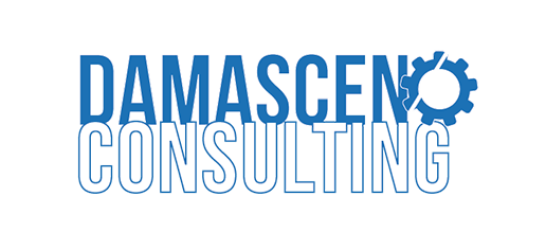Internal control systems play a crucial role in creating valuable integrated reporting for companies. By ensuring that financial information is accurate, reliable, and complete, internal control systems help companies to build trust with investors and other stakeholders, and to provide a more comprehensive view of their performance.
In integrated reporting, companies need to disclose both financial and non-financial information, and this requires a robust system of internal controls. A company’s internal control system encompasses its policies, procedures, and activities that provide reasonable assurance that its objectives will be achieved. It also helps companies to ensure compliance with laws and regulations and to safeguard their assets.

Moreover, an effective internal control system can help companies to identify and manage risks, which is especially important in an increasingly complex and uncertain business environment. By integrating risk management into their internal control systems, companies can identify potential risks and take action to mitigate them before they become major problems.
To create valuable integrated reporting, companies need to ensure that their internal control systems are working effectively. They need to regularly review and update their internal controls to ensure that they remain relevant and effective in the face of changing business and regulatory environments.
In summary, a robust internal control system is essential for creating valuable integrated reporting. By ensuring the accuracy and completeness of financial information, managing risks, and complying with laws and regulations, internal control systems help companies to build trust with investors and other stakeholders and to provide a more comprehensive view of their performance.
#InternalControlSystem #IntegratedReporting #FinancialTransparency #RiskManagement

